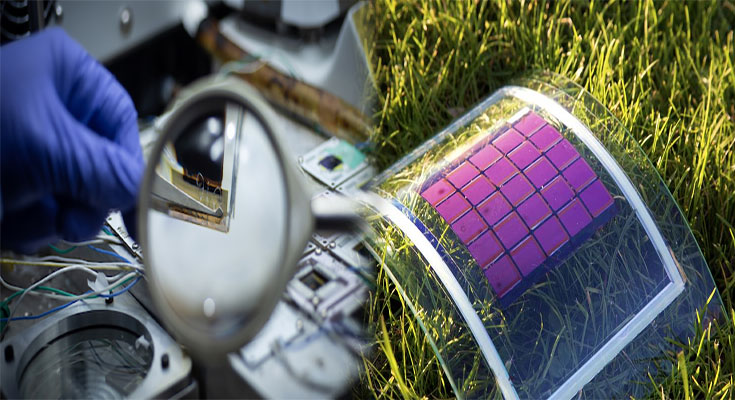
Optimizing Organic Solar Cell Designs for Sustainability
In recent years, the need for sustainable and renewable energy sources has become increasingly urgent. Solar energy, in particular, offers a viable solution to reduce greenhouse gas emissions and reliance on fossil fuels. Among the different types of solar cells, organic solar cells have gained considerable attention due to their numerous advantages. Organic solar cells are lightweight, flexible, and can be easily integrated into various applications, making them an attractive option for sustainable energy production. However, to maximize their potential, it is essential to optimize the designs of organic solar cells for sustainability.
Enhancing Efficiency
One of the primary goals in optimizing organic solar cell designs is to enhance their overall efficiency. The conversion efficiency of organic solar cells is still lower than that of traditional silicon-based solar cells. Therefore, researchers are continuously working on improving the effectiveness of organic materials used in solar cells.
Advancements in material engineering and …
Optimizing Organic Solar Cell Designs for Sustainability Read More
